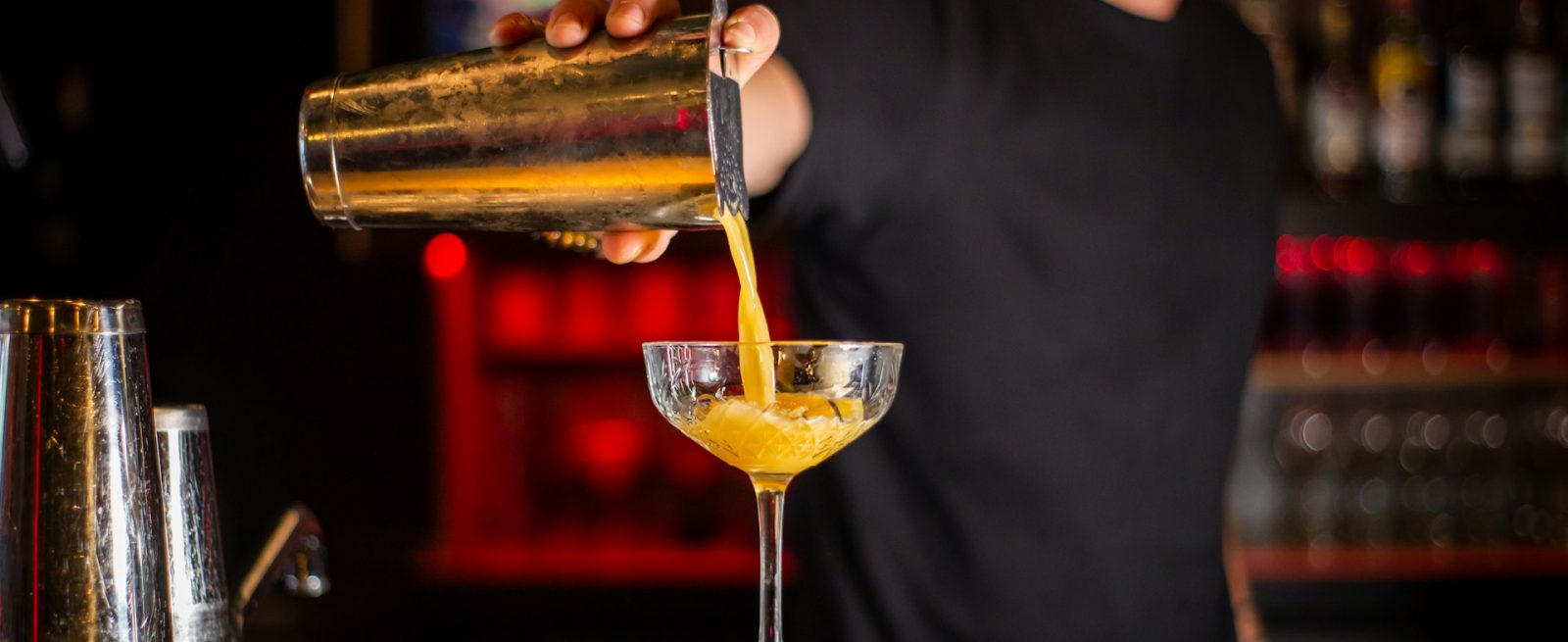Serve and Sip Responsibly: Tackling Restaurant Liquor Liability Concerns
4 Min Read By Roberta Mercado
Serving alcohol is a fundamental part of many restaurant operations, but it also presents significant liability risks. From over-serving intoxicated guests to improperly checking IDs, restaurants can face serious legal, financial and reputational consequences for failing to effectively manage their liquor liability risks.
Further, Dram Shop laws throughout the country ensure liquor liability does not begin and end at an establishment’s entrance. Forty two states in the U.S. enforce such laws, which hold restaurants accountable for harm done by intoxicated patrons after they have left the establishment. As laws become stricter, technology evolves and social media increases public awareness and accountability, restaurant owners must adopt proactive measures to ensure responsible alcohol service.
Understanding Liquor Liability Risks
Alcohol service introduces a unique set of risks that can have serious consequences for restaurants. At All Solutions Insurance, we saw a recent claim in which a restaurant faced a multi-million-dollar lawsuit after over-serving a guest who later caused a fatal car accident. Failing to monitor alcohol consumption can result in guests consuming too much, increasing the likelihood of accidents, altercations or DUIs. Whether on or off the premise, restaurant owners could be held liable for such incidents given the Dram Shop laws in many states. Serving minors due to improper ID verification can result in fines, a restaurant losing their liquor license and reputational damage. And with the rise of social media, a single incident due to irresponsible alcohol service can be instantly posted online, damaging a restaurant’s brand and public trust.
Best Practices for Managing Liquor Liability
Restaurant owners can employ a few simple practices to safeguard their businesses from liquor liability claims. Consider the following best practices for managing liquor liability in restaurants:
1. Prioritize Staff Training: Restaurants should prioritize structured alcohol service training to ensure employees can effectively identify and mitigate risks. Training programs such as TIPS (Training for Intervention Procedures) and ServSafe Alcohol equip team members with strategies to recognize signs of over-served patrons, proper ID checksand professional de-escalate of altercations. Team-wide training should be conducted at least annually and after an incident occurs to reinforce responsible alcohol service practices and ensure staff remain prepared.
2. Adopt Strong ID Verification Practices: Strict ID verification procedures are crucial for preventing underage drinking violations. Investing in technology such as digital ID scanners can help identify fake or expired IDs. Staff should also be properly trained in checking IDs consistently and thoroughly to ensure a restaurant is complying with the law.
3. Monitor Guest Alcohol Consumption: Restaurants should actively monitor guest drinking patterns to prevent over serving. Staff should be trained to keep track of guest consumption, ensure food and water are served alongside alcohol and communicate effectively with fellow team members to ensure responsible service. By keeping a watchful eye and working together, staff can more effectively manage alcohol service and reduce the likelihood of incidents.
4. Leverage Technology for Safer Alcohol Service: Modern technology can play a crucial role in preventing oversights when it comes to alcohol service. In addition to ID scanners, point-of-sale (POS) system alerts can notify staff when a guest has reached a pre-set drink limit, helping to prevent over consumption. Surveillance cameras provide a way to monitor guest behavior and gather evidence when incidents occur, and AI-driven analytics can identify peak alcohol consumption hours and flag over-serving issues.
5. Secure Comprehensive Liquor Liability Insurance: Despite taking precautions, alcohol-related incidents can still happen. Restaurants should be prepared for such occurrences with a comprehensive liquor liability insurance policy. Liquor liability coverage can help to manage legal defense and settlement costs, medical expenses from alcohol-related injuries, third-party bodily injury and property damage claims and employee-related alcohol incidents, such as altercations with intoxicated guests. Owners should review their policies annually to ensure they are equipped with adequate coverage and employing effective risk mitigation strategies.
Creating a Culture of Responsibility
Building a culture of responsible alcohol service starts with leadership. Restaurant owners and managers should establish clear alcohol service expectations, recognize and reward employees who follow responsible serving practices, engage in community initiatives to promote safe drinking habits and partner with rideshare services to provide safe transportation options for guests. By fostering an environment that prioritizes responsibility, restaurants can create a safer experience for both guests and staff.
If an alcohol-related incident does occur, restaurants should act quickly to protect their business. The first step is filing an insurance claim immediately and providing all necessary documentation and evidence including security footage, witness statements and police reports.Meeting with an insurance claims adjuster to determine next steps and reviewing internal policies to identify areas for improvement can help prevent future incidents.
Managing liquor liability risks effectively requires a commitment to responsible service. Proactive measures such as staff training, implementing technology and thorough alcohol safety policies will help keep guests and staff safe, while safeguarding a restaurant’s finances and reputation.


